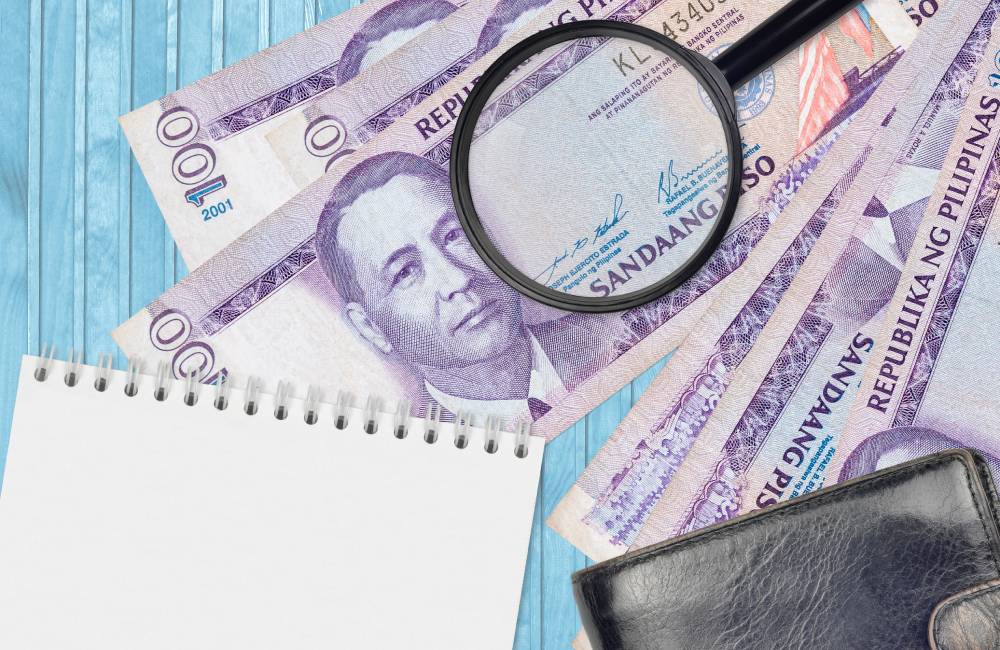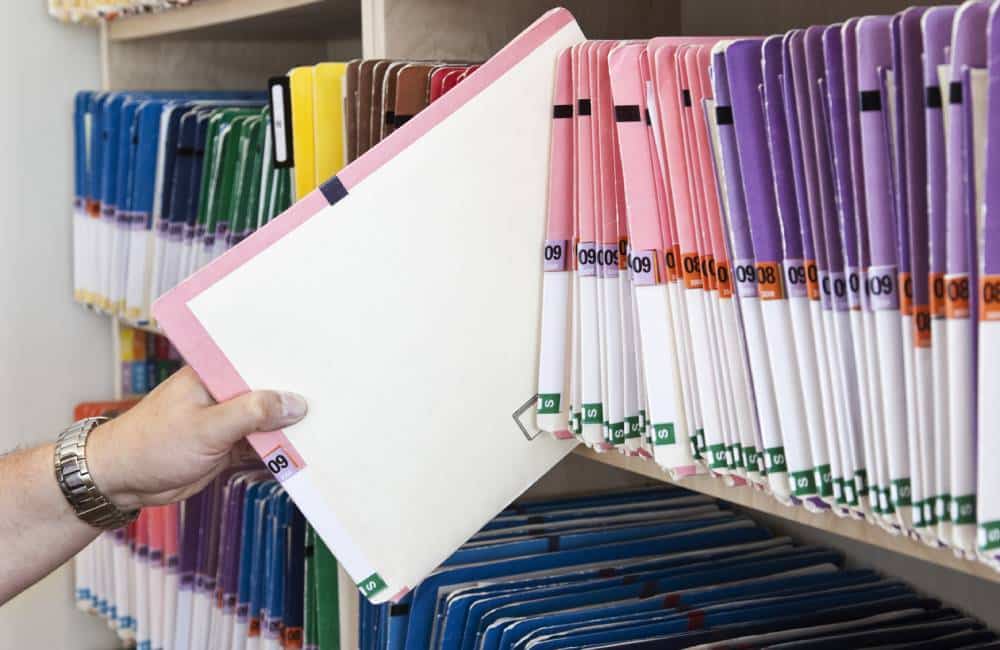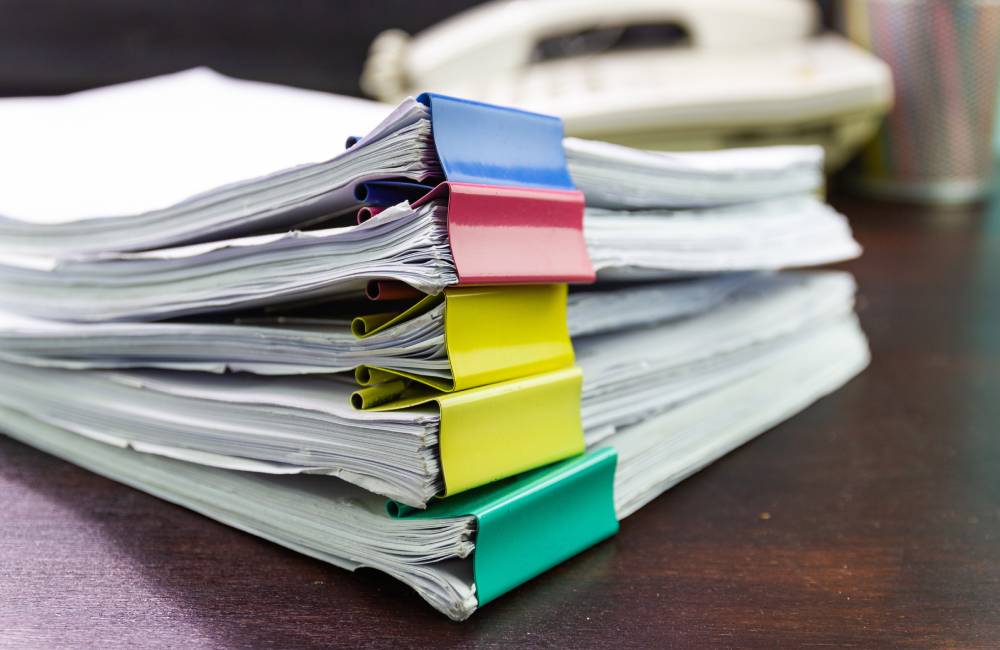Why choose us?
Why do you need an Extrajudicial Settlement?
An Extrajudicial Settlement is the fastest, cheapest way to transfer an estate to heirs in the Philippines and should be done as soon as possible to avoid late fees. Without settling the estate, you will not be able to transfer to the heirs.

Transfer to the Heirs

Avoid late fees

Protect an inheritance

Sell or Profit from the Property
Atty Britanico
Extrajudicial Settlement of Estate Law Firm
What are the requirements for an Extrajudicial Settlement?
An Extrajudicial Settlement requires agreement between the heirs and complete and accurate documentation of the ownership of the properties and the family relationships.

Agreement between heirs

Property Docs

Family Docs

6% BIR estate & transfer taxes
What is the Extrajudicial Settlement Process?
Further Reading

Guide to Child Support in Philippine Law
To File a case for Child Support in the Philippines you will need to prepare documents that prove the child’s paternity, show the Spouse’s financial capacity and itemize the child’s expenditures. Read more…...

Child Custody and Child Travel To and From the Philippines
Child custody issues are often intertwined with concerns about the child’s travel into and out of the Philippines. This discusses the interplay between the two...
Frequently Asked Questions
What is an extrajudicial settlement?
Can a foreigner inherit land through an Extrajudicial Settlement?
When is an extrajudicial settlement applicable?
What are the requirements for an extrajudicial settlement?
- All heirs must be in agreement on the division of the estate and must sign the EJS.
- The EJS must be in writing and notarized.
- The EJS must be published once a week for three consecutive weeks in a newspaper of general circulation in the province where the deceased person resided or where the property is located.
- The EJS must be registered with the Register of Deeds where the property is located.
- The estate tax must be paid to the Bureau of Internal Revenue (BIR) and a Certificate
- Authorizing Registration (CAR) must be obtained.
What is a bond requirement in an extrajudicial settlement?
Can an extrajudicial settlement be contested?
rightful claim to the estate or that the EJS is not in accordance with the law, they may file a petition in court within two years from the date of the last publication of the ESE.
